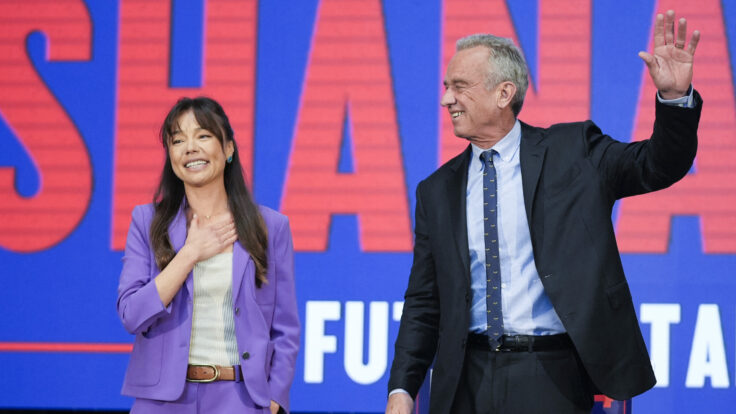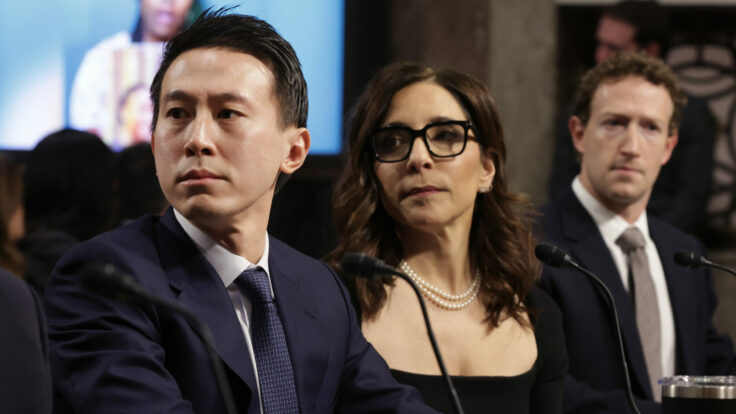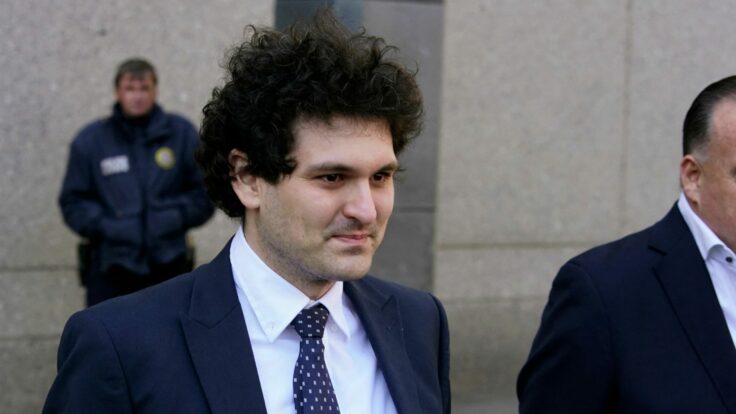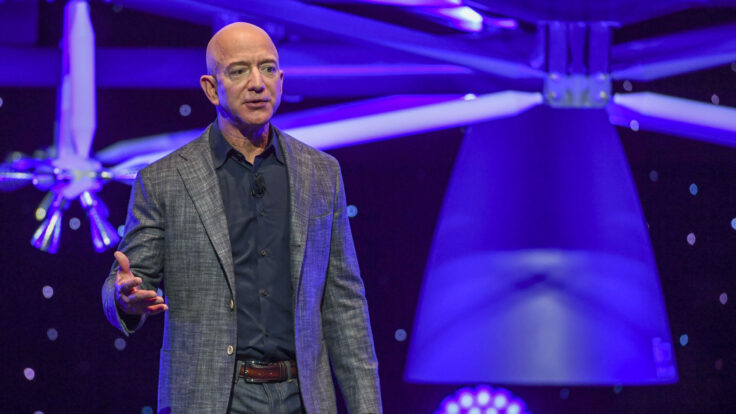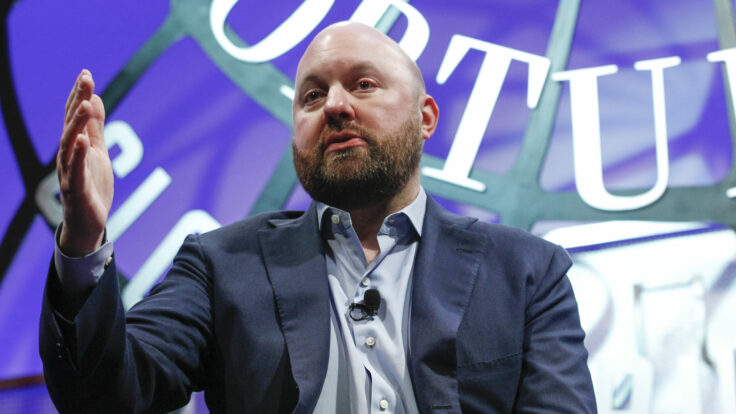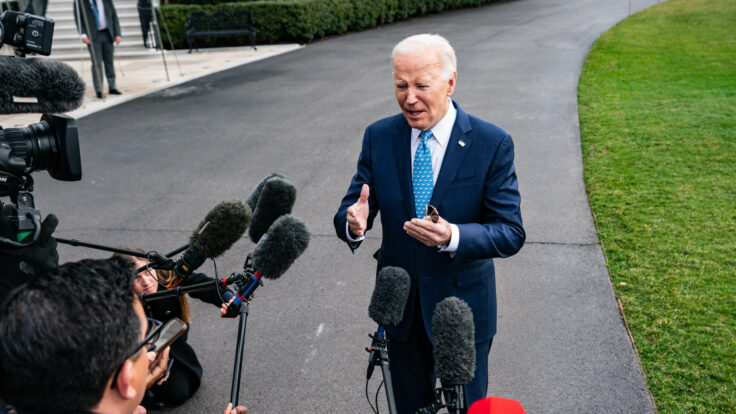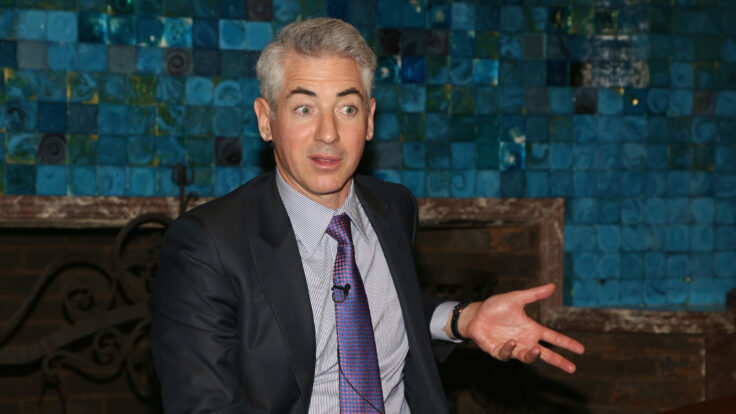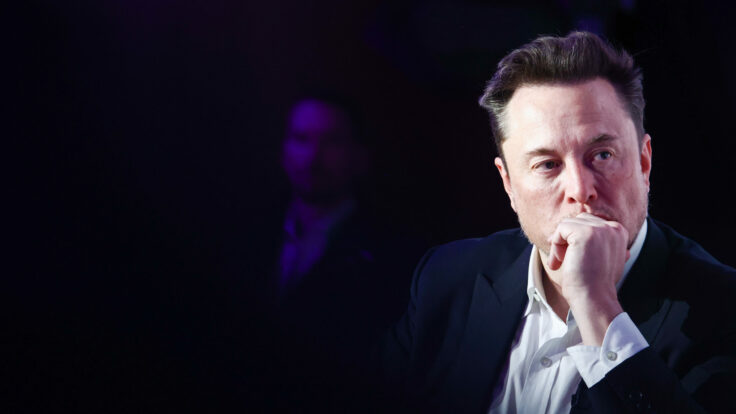Everyone’s talking about Elon Musk’s plan to charge Twitter users $8 per month for those coveted blue check-mark badges, but there’s a crucial detail that always seems to get left out of the discussion: the 30 percent fee that will end up in Apple’s pocket. That’s because Apple insists that developers, like Twitter, use its payment system for any transactions that go through its app store—a global “tax on the Internet,” as Elon once put it, that amounts to tens of billions of dollars in fees every year. Last Monday, Apple updated its rules to take a cut of ad campaigns that are managed through its platform, too, in yet another strike against Meta. There’s no reason to think Elon’s blue check business won’t have to pay the toll.
Well, perhaps one reason. Next Monday, at the James R. Browning Courthouse in San Francisco, the Ninth Circuit Court of Appeals will hear oral arguments in Epic Games v. Apple, Inc., a dispute that first arose in 2020 when the Fortnite game developer attempted to bypass Apple’s 30 percent commission. That cut, of course, is a foundation of the multi-trillion dollar company’s business model: Ned Barnes of Berkeley Research, a key witness for Epic, estimated that Apple generated $22 billion in commissions from in-app purchases in 2020 alone—and that almost 80 percent of that money was pure profit. (Apple disputes those figures, but it’s certainly in the billions.) Apple responded by booting Fortnite from its App Store and alleging a contract breach; Epic, in turn, accused Apple of monopolistic misbehavior with antitrust claims.







